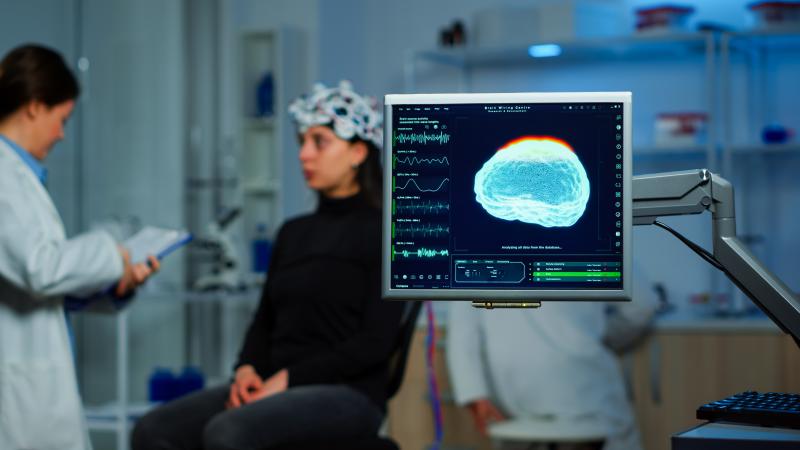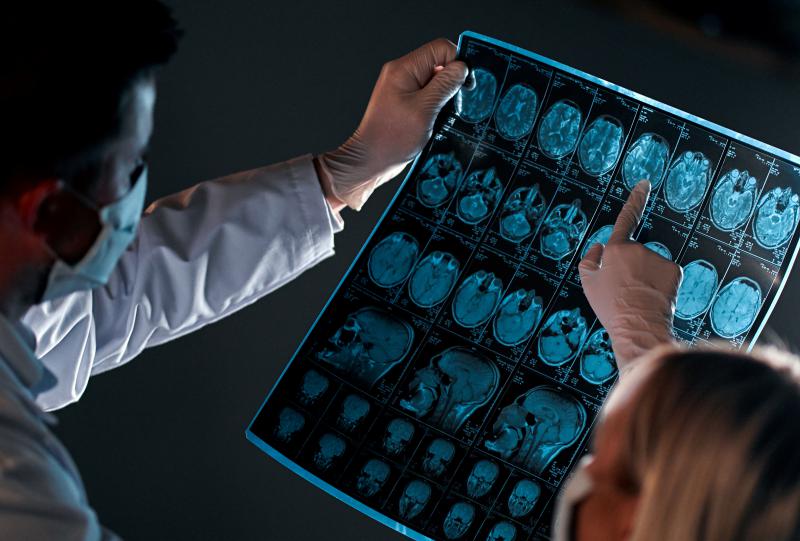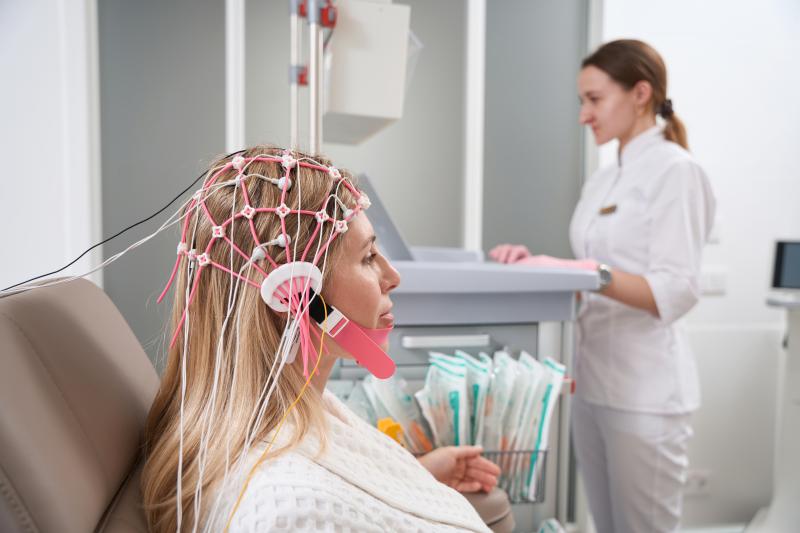Bio-degradable cards
Every card imaginable!
|
Bio-degradable cards Every card imaginable! Understanding the Differences Between PNES and Epilepsy
Psychogenic Non-Epileptic Seizures (PNES) and EpilepsyIt can be really confusing when someone has episodes that look like seizures. You see them shaking or staring, and it's natural to think of epilepsy. But there are actually two very different conditions that can cause these kinds of events: Psychogenic Non-Epileptic Seizures (PNES) and epilepsy. While they might look similar from the outside, they come from completely different places in the body and brain. Think of it this way: imagine two cars that both break down on the side of the road. To an onlooker, they both just look broken. But one might have a flat tire (a physical problem), while the other might have run out of gas (a different kind of problem). You'd fix them in completely different ways, right? It's similar with PNES and epilepsy. Knowing which one someone has is super important because it completely changes how doctors help them and what kind of support they need.
EpilepsyLet's start with epilepsy. This is a condition that comes directly from the brain. If you think of your brain as a giant, complex electrical system, sometimes things can go a bit haywire. In epilepsy, certain parts of the brain suddenly send out too many electrical signals all at once, like a short circuit. This burst of uncontrolled electrical activity is what we call a seizure. What a seizure looks like depends on where in the brain these electrical fireworks happen. It could be someone staring blankly, twitching an arm, or even losing consciousness and shaking all over. Why does this happen? The causes of epilepsy can be varied. Sometimes it's something someone is born with (genetic), other times it might be from an injury to the head, a stroke, a growth in the brain, or even infections that affect the brain.
PNESNow, let's look at PNES. This is where things get really interesting and often misunderstood. PNES episodes look like epileptic seizures – they can involve shaking, staring, or even collapsing – but they are not caused by electrical problems in the brain. Instead, PNES are a physical way the body reacts to intense psychological stress, difficult past experiences (trauma), or other mental health challenges. Imagine your body trying to tell you, "Hey, something's really tough to deal with mentally right now!" but instead of just feeling anxious or sad, that distress comes out in a physical way, almost like a seizure. It's not something someone does on purpose; it's an involuntary response, a bit like how some people get a headache when they're stressed, but much more dramatic. PNES falls under a group of conditions called functional neurological disorders, which basically means the brain isn't working quite right in sending messages, even though there's no physical damage to it. 
Let's break down how doctors figure out if someone has PNES or epilepsy. This part is super important because getting the right diagnosis is the first step to getting the right help. DiagnosisFiguring out whether someone has PNES or epilepsy can be a bit like solving a puzzle. It's really important to get it right, because the treatments are completely different!
Diagnosing EpilepsyWhen doctors suspect epilepsy, they typically look at a few key things:
Diagnosing PNESDiagnosing PNES also starts with a very careful look at the person's story and experiences.

Now that we've talked about how doctors figure out what's going on, let's look at how they help people with these conditions. This is where the differences between PNES and epilepsy really shine through, because the treatments are aimed at completely different things. TreatmentImagine you have a leaky faucet. If the leak is coming from a loose washer, you fix the washer. But if the leak is because a pipe burst in the wall, you have to fix the pipe. You wouldn't try to fix a burst pipe by tightening a washer, right? It's the same idea with PNES and epilepsy – the treatment has to match the cause.
Treating EpilepsySince epilepsy is a neurological condition caused by those abnormal electrical signals in the brain, the treatments focus on calming down that electrical activity.
The specific treatment plan for epilepsy always depends on things like what type of epilepsy it is, how often seizures happen, how severe they are, and the person's overall health.
Treating PNESBecause PNES episodes are the body's physical reaction to underlying stress, trauma, or emotional difficulties, the treatment doesn't involve brain medications. Instead, it focuses on helping the person understand and manage those psychological roots.
It's really important for someone with PNES to have a team of healthcare professionals, including mental health specialists, working together to provide comprehensive support. This collaborative approach helps address both the physical manifestation of the episodes and the emotional well-being of the person. 
Let's talk about what life looks like for people living with epilepsy or PNES, and what they can expect in the future. This is what doctors call "prognosis," and it's also about the broader impact these conditions have on someone's life. Prognosis and ImpactWhen someone is diagnosed with either epilepsy or PNES, a natural question is, "What does this mean for my future?" The answer isn't always simple, as it depends a lot on the individual, the specifics of their condition, and how they respond to treatment.
Prognosis and Impact for EpilepsyFor people with epilepsy, the future can look quite different from one person to another.
Because of these wider impacts, living with epilepsy often means needing support that goes beyond just stopping seizures. It involves looking at the person as a whole and making sure they have the right medical, emotional, and social support.
Prognosis and Impact for PNESThe outlook for PNES also varies, but with the right kind of help, many people see significant improvement.

Let's wrap up our discussion by looking at some of the tough parts of dealing with these conditions, both for the people experiencing them and for the healthcare system. Challenges in Understanding and ManagementEven though we're learning more and more about epilepsy and PNES, there are still some big hurdles. These challenges can make life even harder for those affected, and they highlight why it's so important for everyone to understand these differences.
Bringing it All TogetherSo, while a seizure might look like a seizure on the surface, we've seen that epilepsy and PNES are fundamentally different at their core. One comes from electrical issues in the brain, the other from profound psychological distress manifesting physically. Understanding these distinctions isn't just academic; it's absolutely vital for everyone involved:
The good news is that as we learn more and share that knowledge, the chances of people getting the right diagnosis and the most effective treatment for both epilepsy and PNES keep getting better. It really highlights why different specialists – like neurologists (brain doctors), psychiatrists and psychologists (mental health specialists), and even your regular family doctor – need to work together as a team. This collaborative approach is the best way to ensure everyone experiencing seizures, no matter the cause, gets the comprehensive care they truly need.
© 2024 The Card Project Uk Ltd
VAT: 453 2087 06
|